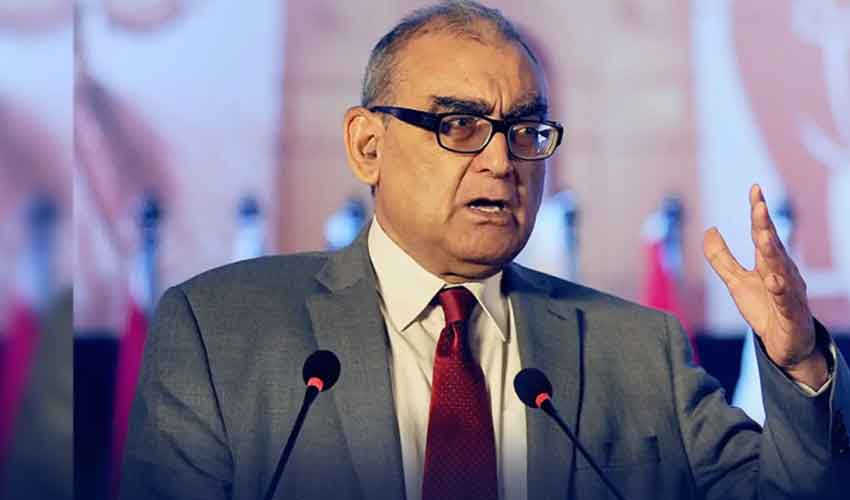WORLD NEWS

Arab American voters who traditionally supported the Democratic Party have increasingly turned to former President Donald Trump, largely due to their frustration with President Joe Biden’s handling of the Gaza conflict. Samraa Luqman, one such voter, explains her decision to support Trump in the 2024 elections, citing his push for a ceasefire between Israel and Hamas, which has resulted in the deaths of over 46,700 Palestinians over the past 15 months.
Although Trump claimed credit for the ceasefire agreement, Luqman says she doesn’t feel vindicated, expressing anger at Biden for failing to finalize the deal months earlier. She accused the Biden administration of enabling Israeli abuses in Gaza, referring to the outgoing president as "Genocide Joe."
In Michigan, particularly in Dearborn—home to one of the largest Arab communities in the U.S.—the shift in voting patterns was noticeable. Kamala Harris, who was largely seen as Biden’s representative in pushing for peace, received less than 20% of the vote in predominantly Arab neighborhoods. Instead, many voters chose Trump or third-party candidates like Jill Stein, reflecting their disillusionment with the Democratic leadership's approach.
As both Trump and Biden took credit for the ceasefire agreement, analysts question the true extent of Trump’s involvement, though reports indicate that his envoy, Steve Witkoff, played a key role in pushing Israeli Prime Minister Benjamin Netanyahu to agree to the deal. The ceasefire is still fragile, and its long-term impact remains uncertain, as Israel has continued to carry out attacks on Gaza even after the agreement was announced.
While some Arab American advocates express hope that the ceasefire will hold, many remain skeptical of both the U.S. and Israeli governments, pointing out that the Biden administration’s months-long failure to finalize the deal was rooted in political calculations. They argue that Trump’s victory created the political pressure needed to bring about the ceasefire, and that the Biden administration, despite its claims of working tirelessly, could not secure a peace deal under the existing political circumstances.
With the ceasefire in place, Arab American communities are now focused on ensuring that the terms of the agreement are honored and that lasting peace is achieved. However, many are concerned about the future under a Trump administration, especially given his past policies that were seen as strongly pro-Israel.




